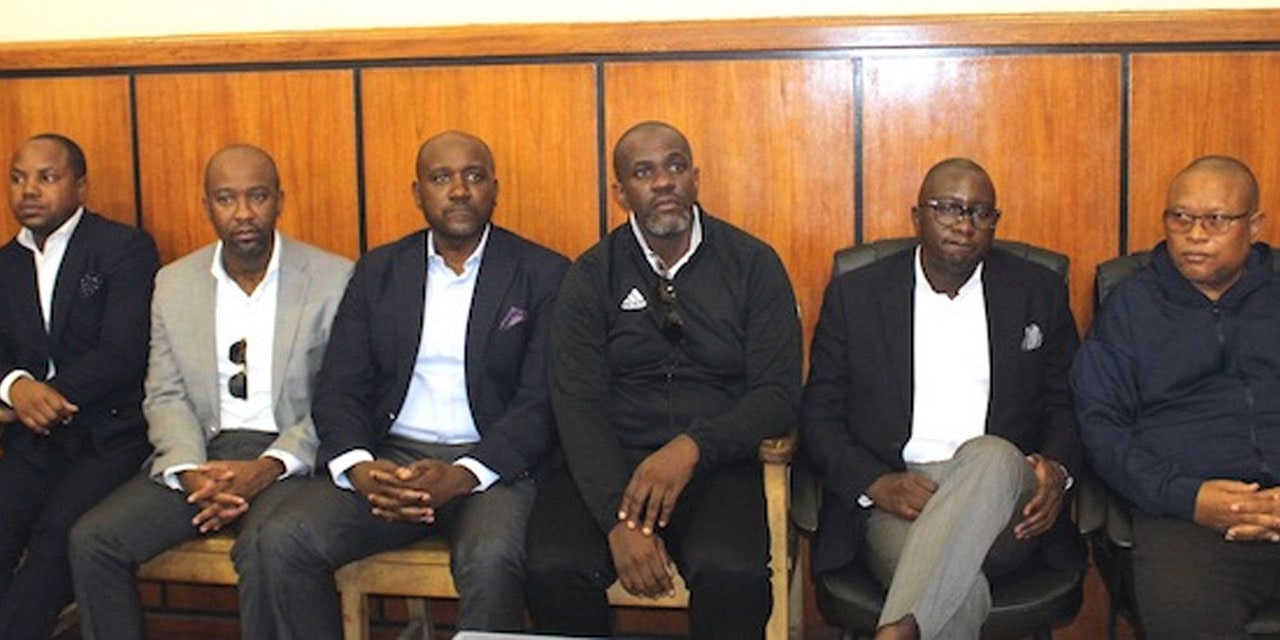Tujoromajo Kasuto
The Alliance of Christian Churches in Namibia calls for restorative justice, especially to those communities that have been directly affected and suffered from the Fishrot ordeal.
Reverend Dolly Nengushe at the first Annual Economic Summit held in Swakopmund by the Alliance, under the theme “promoting economic resilience and sustainability post Covid-19 pandemic”, says society has become number one enemy of itself with a country with more than half of the majority of the population of about 2.7 million living in abject poverty as wealthy as the country is with natural resources.
She says comments from the Fishrot bail hearings as reported by the different media houses are alarming and indicative that the Namibian nation is bleeding and in pain. “The people of this nation are sick from anger emanating from the millions of dollars that are alleged to have been misplaced and used for personal gain and luxury items.”
“The Church is pre-eminently called to fight the devastating enemy of poverty in society. Nothing is so humiliating than poverty; it usually robs people from dignity and crack-up the image of God in them. The Alliance is calling for businesses to partner in establishing an Investment Fund geared to promote economic resilience and sustainability post covid19 pandemic,” Nengushe says.
She adds that promoting economic resilience and sustainability, especially now after the hit of Covid-19, can only be achieved with the allocation of minds and the right national priority.
Building resilience includes establishing health facilities, education facilities and creative avenues for job creation and manufacturing industries, she emphasises.
The Alliance undertook a survey in some regions this August, namely in Kavango, Ohangwena, Oshana, Oshikoto, Otjozondjupa and Omusati, to assess the impact of COVID-19 in the country within the churches’ constituency.
The outcome of this survey indicated a serious number of spiritual, psychological and socio-economic issues due to the impact of COVID-19. It is evident that what has started as a health crisis has quickly now become human and socio-economic crises.
The church in the past has driven a crusade particularly in uplifting communities in the provision of education, health services, income generating projects, restoring human dignity and had enormous influence on socio-economic interventions and the church aspires to take its rightful place even to high heights in this critical time to bring transformation.
Unemployment is a major challenge to overcome in Namibia and the church has a very active role to play in utilising the human capital and natural resources that are available in the church.
The Alliance in the fight against the pandemic saw it befitting to create a high level platform comprising members with vast experiences in business and policy formulation to provide solutions to the current economic challenges and mitigating future potential losses.
In this great endeavour, Nengushe says, the church and government should collaborate to alleviate poverty, adding that Namibia is second unequal society in the world due to corruption and “skew distribution” of resources that are “structural sins that needs to be fought tooth and nail”.




